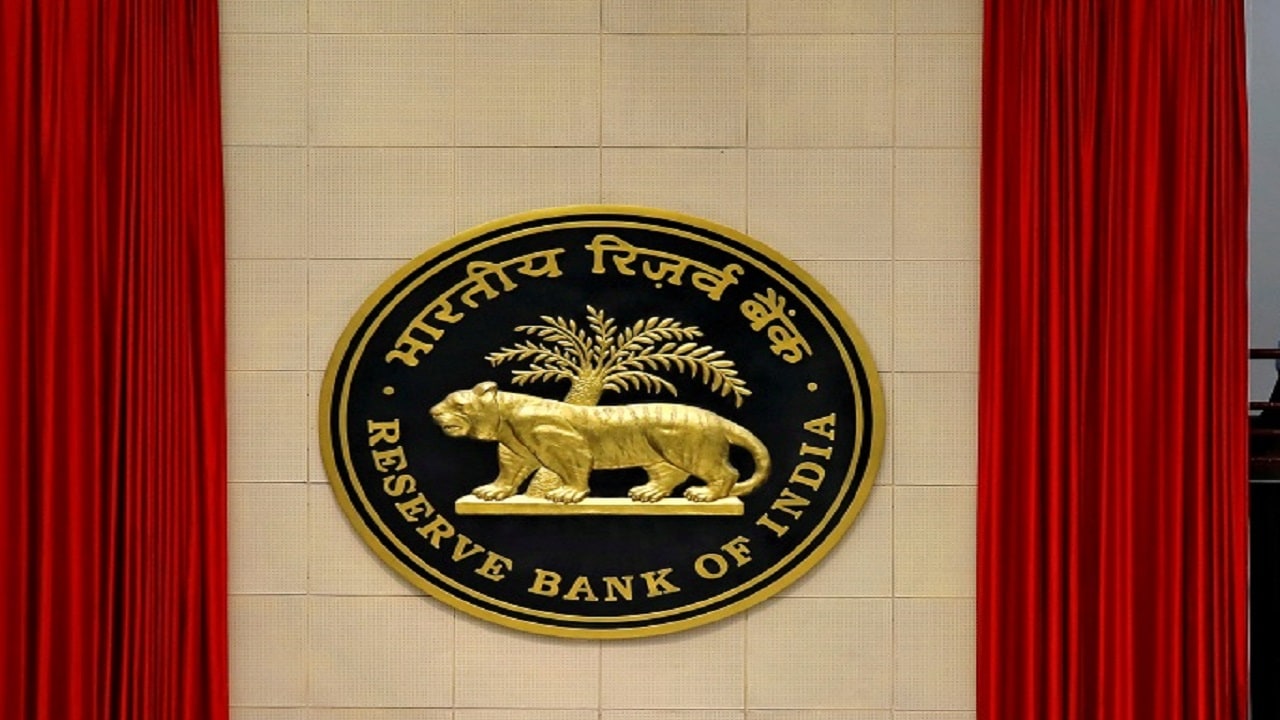Advertisement|Remove ads.
RBI's new guidelines: Changes for banks and borrowers from October 1
The RBI has issued amendments to banking regulations, effective October 1, 2025, allowing flexibility for banks and improved options for borrowers. Draft guidelines on gold loans, credit reporting, and large exposures are open for public feedback until October 20.

The Reserve Bank of India (RBI) has issued a set of amendments to its banking directions and circulars, introducing measures aimed at providing flexibility to banks while enhancing benefits for borrowers. Three of these changes will take effect from October 1, while four others have been released as drafts for public comments.
Immediate amendments effective from October 1
The RBI has revised three key directions:
Interest rate on advances: Banks can now reduce certain components of the spread on floating-rate loans to benefit borrowers sooner than the previous three-year limit. Lenders may also offer the option to switch from floating to fixed rates during interest rate resets at their discretion.
The changes apply to personal, retail, and MSME loans.
Lending against gold and silver collateral: The amendments expand the scope of working capital loans for borrowers using gold as raw material in manufacturing or industrial processing.
Tier 3 and Tier 4 Urban Co-operative Banks are also now allowed to extend similar loans, aligning with provisions for scheduled commercial banks.
Basel III capital regulations – Perpetual Debt Instruments (PDI): The RBI has revised the eligible limits for PDIs denominated in foreign currency or rupee-denominated bonds overseas.
The move provides banks with additional headroom to augment their Tier 1 capital through overseas markets.
Draft guidelines open for public feedback
The RBI has released four directions as drafts and invited comments from stakeholders until October 20. Key proposals include:
Gold metal loans (GML): Banks may now offer longer repayment tenors of up to 270 days and extend loans to domestic non-manufacturers outsourcing jewellery production.
Large Exposures Framework (LEF) and Intra-Group Exposures (ITE): Changes clarify prudential treatment for foreign banks operating in India, including exposure computation, risk mitigation, and linking thresholds to Tier-1 capital.
Credit information reporting: Credit institutions may move to weekly reporting to Credit Information Companies to ensure more up-to-date credit information, with provisions for faster data submission, error rectification, and CKYC data capture.
Stakeholders can submit feedback via the RBI’s “Connect 2 Regulate” portal or by email to the Department of Regulation.
The RBI stated that these amendments aim to strengthen operational flexibility for banks, improve credit access for borrowers, and ensure timely and accurate credit reporting in the financial system.
Immediate amendments effective from October 1
The RBI has revised three key directions:
Interest rate on advances: Banks can now reduce certain components of the spread on floating-rate loans to benefit borrowers sooner than the previous three-year limit. Lenders may also offer the option to switch from floating to fixed rates during interest rate resets at their discretion.
The changes apply to personal, retail, and MSME loans.
Lending against gold and silver collateral: The amendments expand the scope of working capital loans for borrowers using gold as raw material in manufacturing or industrial processing.
Tier 3 and Tier 4 Urban Co-operative Banks are also now allowed to extend similar loans, aligning with provisions for scheduled commercial banks.
Basel III capital regulations – Perpetual Debt Instruments (PDI): The RBI has revised the eligible limits for PDIs denominated in foreign currency or rupee-denominated bonds overseas.
The move provides banks with additional headroom to augment their Tier 1 capital through overseas markets.
Draft guidelines open for public feedback
The RBI has released four directions as drafts and invited comments from stakeholders until October 20. Key proposals include:
Gold metal loans (GML): Banks may now offer longer repayment tenors of up to 270 days and extend loans to domestic non-manufacturers outsourcing jewellery production.
Large Exposures Framework (LEF) and Intra-Group Exposures (ITE): Changes clarify prudential treatment for foreign banks operating in India, including exposure computation, risk mitigation, and linking thresholds to Tier-1 capital.
Credit information reporting: Credit institutions may move to weekly reporting to Credit Information Companies to ensure more up-to-date credit information, with provisions for faster data submission, error rectification, and CKYC data capture.
Stakeholders can submit feedback via the RBI’s “Connect 2 Regulate” portal or by email to the Department of Regulation.
The RBI stated that these amendments aim to strengthen operational flexibility for banks, improve credit access for borrowers, and ensure timely and accurate credit reporting in the financial system.
Read about our editorial guidelines and ethics policy

/filters:format(webp)https://st-everywhere-cms-prod.s3.us-east-1.amazonaws.com/large_spotify_logo_resized_c92ff7668c.jpg)
/filters:format(webp)https://st-everywhere-cms-prod.s3.us-east-1.amazonaws.com/shanthi_v2_compressed_98c13b83cf.png)
/filters:format(webp)https://st-everywhere-cms-prod.s3.us-east-1.amazonaws.com/large_stock_chart_rising_resized_6ebc3dd7e4.jpg)
/filters:format(webp)https://news.stocktwits-cdn.com/Revised_Profile_JPG_0e0afdf5e2.webp)
/filters:format(webp)https://news.stocktwits-cdn.com/large_RKLB_f09e0d1df7.webp)
/filters:format(webp)https://st-everywhere-cms-prod.s3.us-east-1.amazonaws.com/Sourasis_Bose_Author_Image_939f0c5061.jpg)
/filters:format(webp)https://st-everywhere-cms-prod.s3.us-east-1.amazonaws.com/large_stock_rising_resized_f17852d7aa.jpg)
/filters:format(webp)https://news.stocktwits-cdn.com/large_Getty_Images_2207845067_jpg_33aaccfc8e.webp)
/filters:format(webp)https://news.stocktwits-cdn.com/large_Getty_Images_2203497124_jpg_5c19ba2107.webp)
/filters:format(webp)https://st-everywhere-cms-prod.s3.us-east-1.amazonaws.com/IMG_9209_1_d9c1acde92.jpeg)